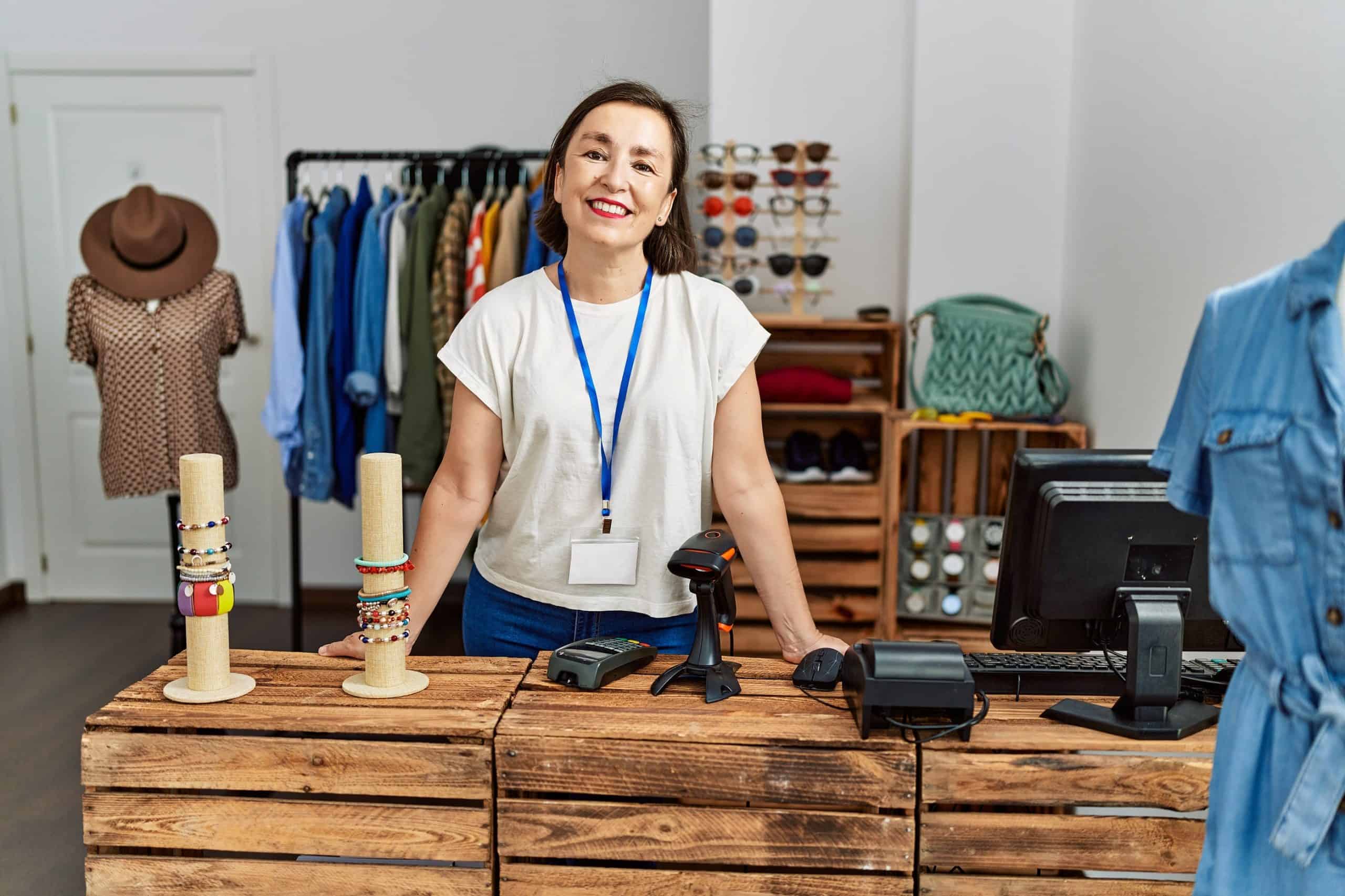What is a product? In insurance terms it encompasses anything a business sells to a customer – from a jumper bought from a retail store to a cupcake bought from a bakery.
In the UK, businesses are legally required to have product liability insurance if they sell products to customers. In this guide, we look at the ins and outs of this type of cover and why it can be vital for so many businesses.
Do I need insurance to sell a product?
Yes – if you sell products to customers, you need to have product liability insurance in place. This is because if a customer is injured by a product they’ve purchased from you, they could sue your business and you could be held liable.
What does product liability insurance cover?
Product liability insurance will cover the costs of any legal action brought against the business, as well as any damages that are awarded. It’s important to note that this type of insurance doesn’t cover damage to the product itself – only damage caused by it.
There are different types of product liability insurance policies available, and businesses should choose one that meets their specific needs. For example, some policies will cover all products sold by the business, while others may only cover certain types of products .
It’s important to read the policy carefully to make sure that it offers the right level of cover.

How much does product liability insurance cost?
The cost of product liability insurance will vary depending on a number of factors, including the type of business, the products sold, and the level of cover required. It’s important to get quotes from a few different insurers to make sure you’re getting the best deal.
What are the risks if I don’t have product liability insurance?
If you don’t have product liability insurance and a customer is injured by one of your products, they could sue your business. This could result in costly legal fees and damages, which could bankrupt you in a worst case scenario.
It’s also important to remember that if you sell products to customers in the UK, you’re legally required to have product liability insurance in place. This means that if you don’t have insurance and a customer is injured by one of your products, you could be fined or even jailed.
What is the difference between product and public liability insurance?
Product liability insurance covers claims made against the business for injuries or damage caused by products that have been sold. Public liability insurance, on the other hand, covers claims made against the business for injuries or damage caused by the business itself – for example, if a customer slips and falls in your shop.
Do I need both product and public liability insurance?
You might need both types of insurance depending on your business. For example, if you run a cafe where customers can buy food and drink to take away, you’ll need public liability insurance to cover any accidents that could happen on your premises.
But you’ll also need product liability insurance to cover any accidents that could happen with the food or drink itself – for example, if someone gets food poisoning from one of your products.

What should I know about taking out product liability insurance?
There are a few things businesses should keep in mind when taking out product liability insurance:
- The limit of indemnity: This is the maximum amount that the insurer will pay out for any one claim. It’s important to make sure that this is enough to cover the cost of any damages that may be awarded.
- The excess: This is the amount that the business will need to pay towards any claims made. The higher the excess, the lower the premium (monthly cost) will be.
- The geographical area: Some policies will only cover products sold in the UK, while others will cover products sold worldwide. Make sure you choose a policy that meets your needs.
- The types of products covered: As mentioned above, some policies will only cover certain types of products. Make sure you choose a policy that covers the products you sell.
What is an example of a product liability claim?
A product liability claim could be made if a customer is injured by a defective product. For example, if they buy a faulty vacuum cleaner and it breaks their arm when they try to use it.
Or, for example, if a customer buys a bottle of water from a shop and it turns out to be contaminated with bacteria, they could sue the business for damages.
In both these cases, the customer could then sue the business for damages, and the product liability insurance policy would cover the cost of the claim.
Product liability insurance is an important type of insurance for businesses that sell products to customers. It will cover the costs of any legal action brought against the business, as well as any damages that are awarded. It’s important to get quotes from a few different insurers to make sure you’re getting the best deal. Remember, if you sell products to customers in the UK, you’re legally required to have product liability insurance in place.
When you compare quotes with us, we’ll ask you some questions about your business and the products you sell. We’ll then match you with insurers who could offer you competitive cover – fill out our form today to get started.